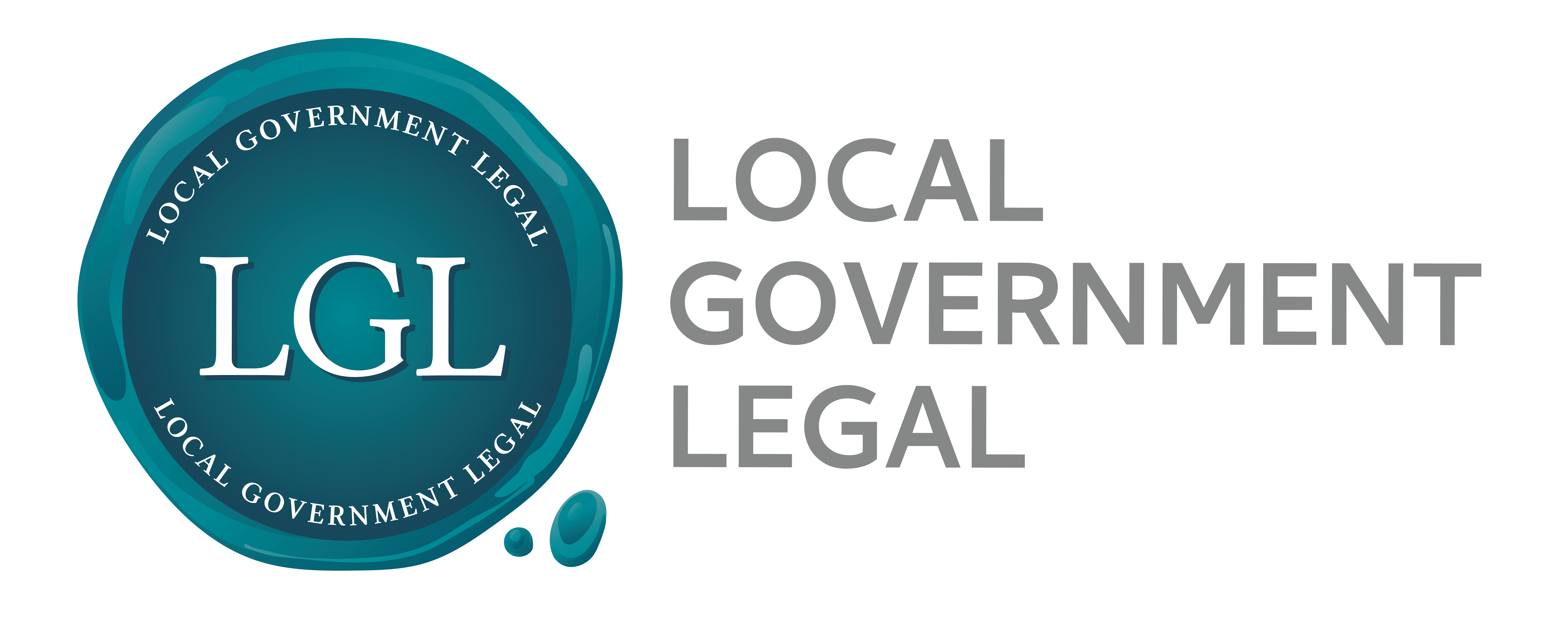In NSW Electoral Commission v Kempsey Shire Council (No 2) [2022] NSWSC 282, the Supreme Court of NSW has found that the council elections for Kempsey Shire Council, Singleton Council and Shellharbour City Council (Ward A) held on 4 December 2021 are void and fresh elections will be required for all Councillors’ positions.
The Electoral Commissioner for New South Wales (the Electoral Commissioner) commenced expedited proceedings seeking Orders declaring void in whole or in part the three council elections due to the failure of the iVote system of technology assisted voting administered by the Electoral Commissioner. Whilst none of the affected Councils or Councillors contributed in any way to the council elections miscarrying, they were legally required to be joined as parties to the proceedings. Ben Swain of Local Government Legal acted for Kempsey Shire Council and Singleton Council in the proceedings.
The Local Government Act 1993 (LG Act) and the Local Government (General) Regulation 2021 (LG Regulation) govern the conduct of council elections. The system of election is proportional representation. The LG Regulation makes provision for certain categories of voters to be approved to use technology assisted voting. Clause 333E of the LG Regulation provides that, if approved, those voters must be permitted to vote by that means at the election. Section 310 of the LG Act requires that elections be conducted in accordance with the LG Regulation. On election day a number of voters were unable to gain access to the iVote system. While some voters were able to vote by other means, it was later determined that the number of iVote participants who were denied access and did not vote by other means for Kempsey Shire Council, Singleton Council and Shellharbour City Council (Ward A) were 34, 55 and 54, respectively.
The Court found that the failure of the iVote system on 4 December 2021 meant that each council election was not conducted in accordance with the LG Regulation as required by section 310 of the LGA. Even though the number of voters denied the franchise by the failure of the iVote system was small, the system of proportional representation utilised in Local Government elections is such that the votes that were denied to those voters had the real potential to affect the election of at least one Councillor in each of the three council elections. Having made that finding, the Court considered that its discretion to refuse to declare the election void in whole or in part was limited. Beech-Jones CJ stated:
“The primary consideration is the interests of the electorate and the cost, stress and inconvenience to the elected cannot be elevated above the electorate’s interest in having a Council elected in accordance with the LGA.”
The Court also concluded that, because the system of election for the three Councils is proportional representation, it is necessary to declare all of the Councillors’ elections void. Had the Court only declared one Councillor’s position void then the result would be a by-election using the optional preferential system of voting which would undermine the manifest purpose of the proportional voting scheme of the LG Act.
To facilitate the timing of further elections, the Court has made declarations that the council elections are void, however the declarations are not to take effect until 3 May 2022. This will allow for the council elections to be held in late July 2022, being after the federal election and provides sufficient time for the Councils to finalise and adopt the suite of Integrated Planning & Reporting documents beforehand. The Court has also ordered that the Electoral Commissioner pay the costs of the proceedings of the three Councils and the Councillors.
Accordingly, the effect of the declarations is that the returning officer is to hold another election as if a casual vacancy had occurred in the civic office of each of the councillors, and candidates purporting to have been elected at the void elections continue to hold office as if duly elected until that other election is held.
The full judgment can be viewed here: https://www.caselaw.nsw.gov.au/decision/17f913a39e2ade551b821020
